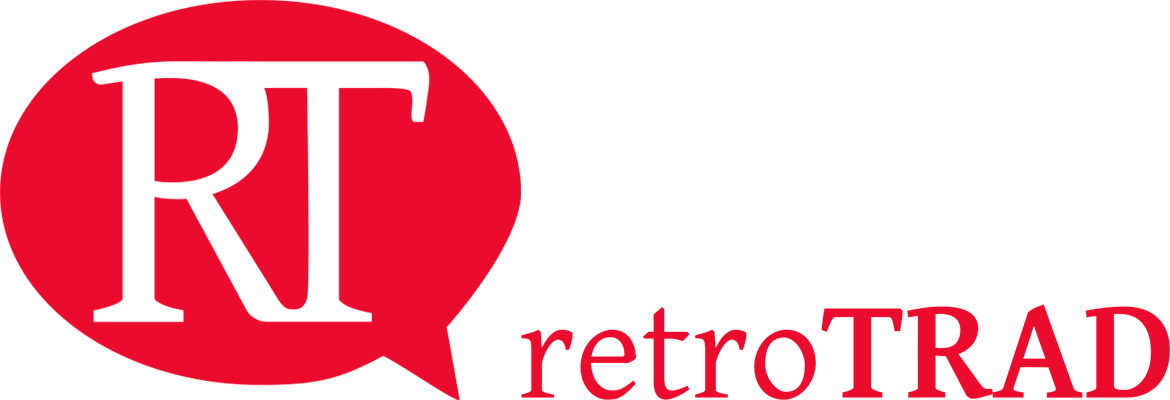Objectives and methodology
The two main objectives of the project can be formulated in these terms:
1) To describe and characterise the feedback processes that take place in the translation classroom in a university context.
2) To determine the eventual impact of teacher feedback on the learning process of future translators.
The description and characterisation of feedback practices will focus on the degrees in translation and interpreting taught at the Universitat Pompeu Fabra and the University of Malaga, and will consider two main dimensions:
a) strategies, which allude to those general factors that regulate feedback provision: orientation, time, mode, quantity, channel and recipients;
b) contents, which refer to those elements, dimensions and focus selected by the lecturer to provide feedback to students: the task, the process, the student's self-regulation or the person.
Having described the trends in both faculties separately, a novel contribution will be the comparison between subjects and between faculties. The analysis of the context will require the analysis of institutional documents such as syllabi, subject teaching plans and assessment models of the universities or faculties involved.
Finally, the comparative perspective between the data obtained on students will allow us to broaden the view and contextualise the students' vision and their use of feedback in the feedback culture promoted by each university.
As can be seen from the stated objectives, this is an interdisciplinary research project focused on the interaction that takes place in the classroom between teaching and translation in a university context.
The project is mainly based on the qualitative research paradigm. This approach is used to describe and characterise feedback processes and their possible impact on the learning process, since it is not possible to do so without holistic observation of the context. The instruments for data collection are as follows:
- 20 semi-structured interviews with lecturers to gather information about the exercise of assessment activities and, above all, about their beliefs. The lecturers interviewed will be in charge of general and specialised translation subjects at the two participating universities.
- 8 focus groups, with about 5-6 students, conducted by an external expert, but designed and validated by the research team. The aim is to obtain information on what feedback students receive, how they integrate it into their training and what possible impact it has on the acquisition and development of translation competence.
- Samples of written feedback on general and specialised student translations. Care will be taken to ensure that the samples are representative of a variety of discourse genres. Analysis of these feedback samples should make it possible to detect which feedback strategies are applied and on which aspects of the learner's production attention is focused.
- Classroom observations where researchers will adopt a non-participant role. These observations will make it possible to study the oral interactions (teacher-student) that are generated around the feedback processes.
- nstitutional documents: syllabi, teaching plans for translation subjects and university and/or faculty assessment models.
- Online questionnaires: in the final stage of the project, two questionnaires will be designed, one aimed at teachers and the other at students of the almost sixty degrees in Translation and Interpreting taught at Spanish universities.
For the qualitative analysis of the data obtained, content analysis will be applied using the QDA (Qualitative Data Analysis) Atlas.ti tool.
